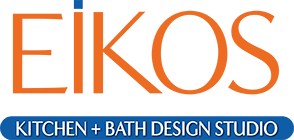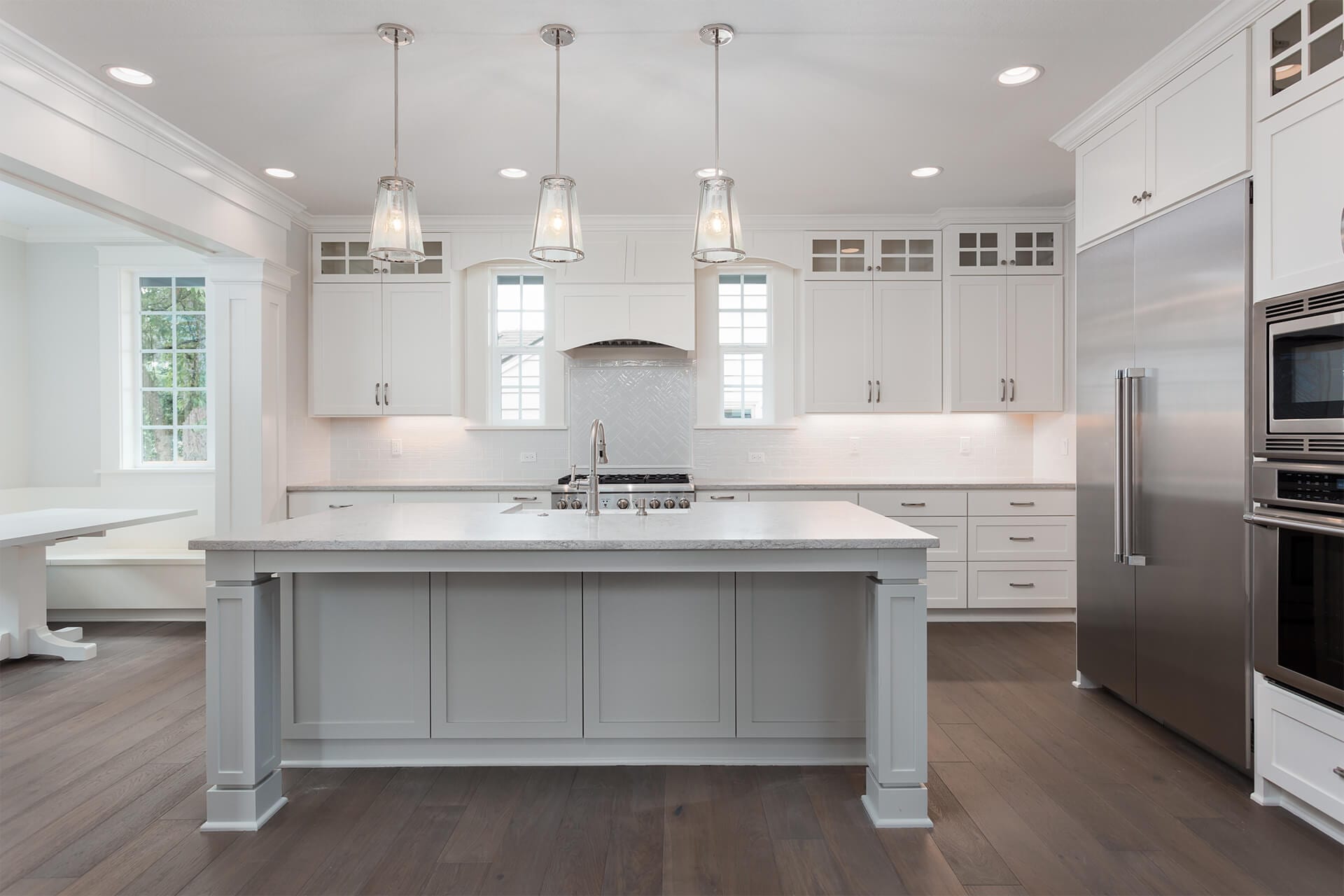Starting a kitchen remodeling project is an exciting endeavor, but understanding the costs involved is crucial for effective planning and budgeting. At Eikos, we provide expert guidance to help you navigate the intricacies of renovation expenses. In this comprehensive guide, we delve into the factors that influence the cost of remodeling a kitchen, empowering you to make informed decisions and achieve your desired outcome within your budget.
Factors Affecting Kitchen Remodeling Costs
Size and Layout
The size and layout of your kitchen significantly impact remodeling costs. Larger kitchens typically require more materials and labor, resulting in higher expenses. Additionally, complex layouts or structural changes, such as removing walls or relocating plumbing fixtures, can contribute to increased construction costs.
Quality of Materials
The quality of materials you choose for your remodel plays a significant role in determining overall costs. Higher-end materials, such as solid wood cabinetry, quartz countertops, and premium appliances, come with a higher price tag but offer durability, aesthetic appeal, and long-term value. Conversely, opting for budget-friendly alternatives can help reduce expenses without compromising on quality.
Scope of Work
The scope of work involved in your renovation project directly correlates with the total cost. Basic updates, such as painting cabinets, replacing hardware, and upgrading fixtures, are more cost-effective than extensive renovations, such as gutting the entire kitchen and starting from scratch. Consider your priorities and desired outcomes to determine the appropriate scope of work for your budget.
Labor and Professional Fees
Hiring qualified professionals, such as contractors, carpenters, electricians, plumbers, and designers, is essential for ensuring a successful remodel. Labor costs vary depending on factors such as location, expertise, and project complexity.
Permitting and Regulatory Requirements
Obtaining permits and complying with local building codes and regulations are necessary steps in the kitchen remodeling process. Permit fees, inspection costs, and compliance-related expenses should be factored into your budget to avoid delays, fines, or legal issues. Work with your contractor to ensure that all necessary permits are obtained and regulations are followed throughout the project.
Contingency Fund
Unforeseen challenges or unexpected expenses are common occurrences during kitchen remodeling projects. Setting aside a contingency fund of 10-20% of your total budget can provide financial protection and peace of mind in case of emergencies or design changes. Be prepared to allocate additional funds as needed to address unforeseen circumstances and ensure the successful completion of your renovation.
Estimating Kitchen Remodeling Costs
Budget-Friendly Options
For homeowners on a tight budget, there are several cost-effective strategies to achieve a refreshed look for your kitchen without breaking the bank:
- Refacing existing cabinets instead of replacing them entirely
- Painting cabinets with new hardware
- Opting for other countertop options instead of granite or quartz
- Installing luxury vinyl plank or ceramic tile flooring instead of hardwood
Mid-Range Budget
With a moderate budget, you can afford to invest in higher-quality materials and upgrades that enhance the overall look and functionality of your kitchen:
- Upgrading to semi-custom or custom cabinetry with premium finishes and features
- Installing granite or quartz countertops for a durable and luxurious aesthetic
- Upgrading to stainless steel appliances with advanced features and energy-efficient ratings
High-End Budget
For those with a generous budget, the sky’s the limit when it comes to creating a luxurious and high-end kitchen space:
- Opting for custom-built cabinetry with intricate designs and premium materials, such as solid wood or exotic veneers
- Selecting premium countertop materials, such as marble or soapstone, for a timeless and elegant look
- Investing in top-of-the-line appliances with smart technology, high-performance capabilities, and luxury finishes
Conclusion
Understanding the costs associated with remodeling a kitchen is essential for planning a successful renovation project. By considering factors such as kitchen size, material quality, scope of work, labor fees, permitting requirements, and contingency planning, you can create a realistic budget and achieve your desired outcomes within your financial means. Whether you’re looking to refresh your kitchen on a budget, create a mid-range makeover, or indulge in a high-end renovation, the experienced staff at Eikos Kitchen + Bath Design Studio is here to provide expert guidance and support every step of the way. Contact us today to start planning your dream kitchen remodel!

